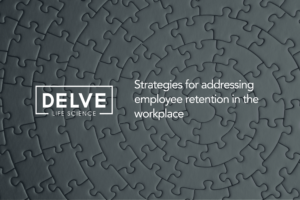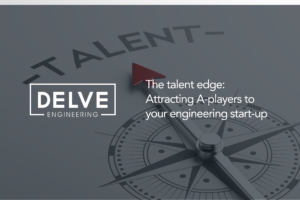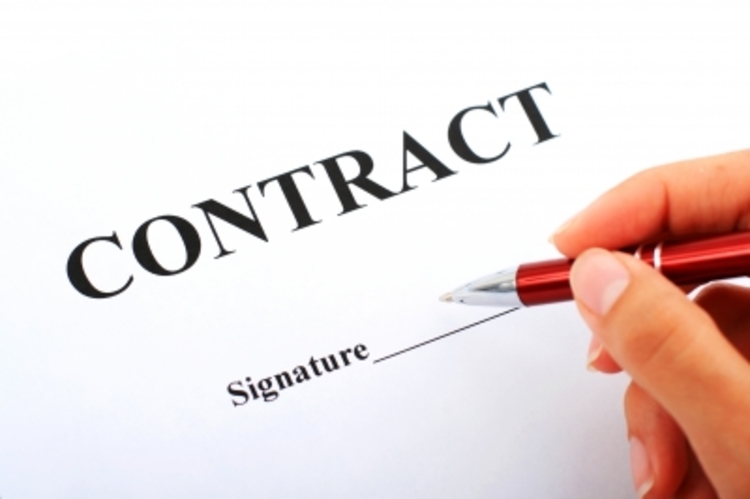How To Prepare For An Interview

How many of you have gone into an interview feeling unprepared? We all do it, even recruiters go to interviews (as paradoxical as it seems). It is that familiar feeling, when you’re stood outside the office of your new potential employer and suddenly the harsh reality hits that Googling a list of common interview questions perhaps hasn’t prepared you as well as you’d hoped. With each job interview, you are meeting new people, selling yourself and your skills, and finding out what it is you know and don’t know. It is understandable why these scenarios can feel rather daunting. That said, there are ways to make a job interview feel much less stressful – a little bit of the right kind of preparation can go a long way! We’d like to share with you Delve’s top tips to make sure you ace your preparation and have a successful interview.
So, how do you prepare for an interview? Here are some key things we believe will help you to feel as prepared as possible for your interview.
1. It’s all about trying to anticipate the questions they’re going to ask you. This sounds like I’m stating the obvious here but we’ll go into this in more detail in a second.
2. Work with your recruitment consultant to understand some of the softer points about the opportunity, not just the physical facts such as more about the company and role, but more about the people you’re meeting and the culture.
3. Give examples, but make sure they’re as relevant as possible.
So to achieve point one, you need to understand as much about the business and the role as possible. For example, find out exactly what the business does, what their products or services are, the size of the company, the industry or industries they work in, their customers and so on. For the role, you need to know what you’ll actually be doing on a day-to-day basis such as the software you might use, the people you’re speaking to, product line you’ll work on, where in the process you will work on a project. For example, if you’re going for a Project role, you should find out where you pick up the project and where you would pass it on and each individual step in between, the project value, whether you’ll use Microsoft Project, who you will deal with, etc. Once you’ve gathered this information, it’s up to you to simply think about your best example for each stage where you’ve had experience in that particular area. I would recommend doing this in a mind-map format.
Of course, you won’t have examples for each and every point (and if you do, you should get the job!) For the areas you are missing, make the effort and do the research to find out as much about these areas as possible. Say if you don’t have experience working in a specific industry, research as much as you can about that industry. Being honest and saying “I haven’t got experience in that area but having done some research into it I can say…” can really help as it shows your willingness and ability to learn.
For point two, this is straightforward: make sure you challenge the the recruitment consultant representing you to have the information you need on exactly who you’re meeting, what they’re like as people, what they’re looking for and the culture of the business.
And for point three, this may seem simplistic but it’s actually a key opportunity to illustrate what experience you have. Think of the interview discussion as your second CV! It’s also an excellent opportunity to break the ice.
For more hints and tips on what to think about before an interview, feel free to contact a member of our team and we’ll be happy to help.
Share This Recent Articles

Strategies for addressing employee retention in the workplace

The Talent Edge: Attracting A-Players to Your Engineering Start-ups

Dresden’s rise: TSMC semiconductor factory and its impact on job market attractiveness

5 Opportunities beyond research in Life Sciences

Benefits of attending Advanced Engineering trade shows







